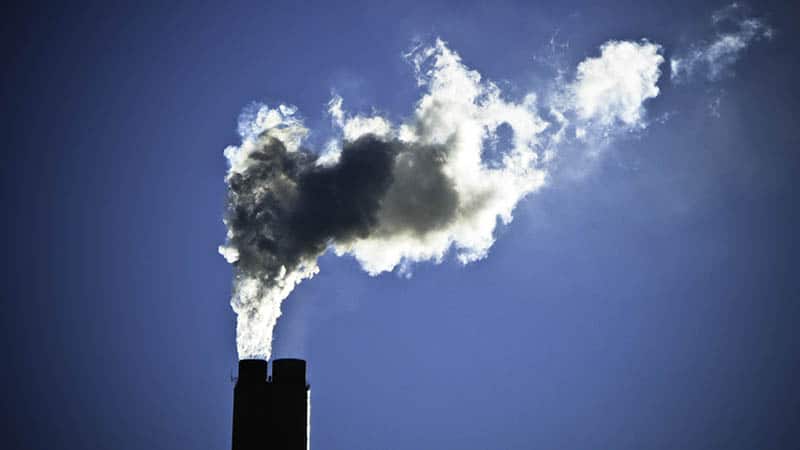The two main goals of the Paris Agreement to reach global net zero emissions by mid-century and to keep to close or below 1.5 degrees of global warming are clear. To achieve these targets at an acceptable cost to energy consumers and tax payers, market-based emissions trading systems in combination with well-functioning energy markets must be put in place. There is clear evidence of the significant welfare gains and cost savings coming from such markets. Transparent and undistorted price signals are necessary to incentivise behavioural change, trigger the required investments and allocate resources efficiently. In this context, Europex calls on international leaders at COP 26 in Glasgow, Scotland, to promote robust market principles as well as the establishment and linking of market-based emissions trading systems.
Market-based cap-and-trade systems remain the most cost-effective instruments for reducing greenhouse gas emissions. Setting a cap on emissions and facilitating trading of emission allowances provides the necessary flexibility for cost-effective decarbonisation. Since its launch in 2005, Europe’s volumetric cap-and-trade scheme has successfully delivered on meeting the set targets and reducing emissions for the industries covered by the scheme. The planned further expansion of the EU ETS to other sectors such as maritime, road transport and buildings will also present important benefits for the reduction of emissions in the those sectors.
Agreement on clear rules to allow full implementation of Article 6 will enable a shift towards a global emissions market. Article 6 of the Paris Agreement provides the foundation for international and indeed global cooperation on carbon markets. It is important to finalise the rulebook to enable comprehensive implementation of this Article. Emissions trading schemes allow countries to cut emissions while keeping implementation costs low. Europe should continue to actively support global cooperation in the fight against climate change and foster the establishment and linking of market- based emissions trading systems around the world. While significant differences in climate policy exist among the UNFCCC Parties, the policy landscape is clearly moving towards a common vision of global carbon pricing. The EU ETS can serve as a benchmark in this process and underpin a shift towards a global emissions market.
Efficient, transparent and reliable energy markets play a key role in delivering the energy transition at least cost. Competition in unbundled wholesale and retail energy markets provides incentives for participants to act efficiently, minimise costs and innovate, with overall benefits for the consumer. As market design advances, the possibility to trade ever closer to real-time allows increasing amounts of renewable energy, in particular intermittent sources like wind and solar, to be efficiently integrated into the system and to ensure that the balance between production and consumption can be maintained. Transparent price signals also provide important incentives to invest in more demand-side flexibility and efficiently use different energy carriers with closer integration between sectors.
Attachments
-
 20211029_Europex statement - COP26
20211029_Europex statement - COP26
File size: 72 KB

